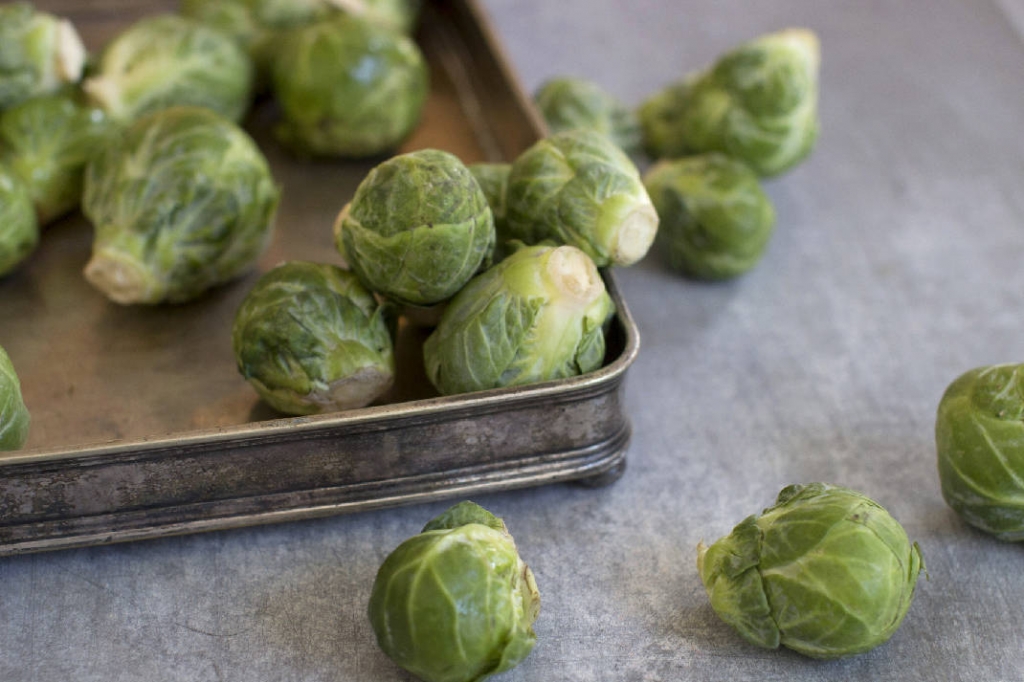-
Tips for becoming a good boxer - November 6, 2020
-
7 expert tips for making your hens night a memorable one - November 6, 2020
-
5 reasons to host your Christmas party on a cruise boat - November 6, 2020
-
What to do when you’re charged with a crime - November 6, 2020
-
Should you get one or multiple dogs? Here’s all you need to know - November 3, 2020
-
A Guide: How to Build Your Very Own Magic Mirror - February 14, 2019
-
Our Top Inspirational Baseball Stars - November 24, 2018
-
Five Tech Tools That Will Help You Turn Your Blog into a Business - November 24, 2018
-
How to Indulge on Vacation without Expanding Your Waist - November 9, 2018
-
5 Strategies for Businesses to Appeal to Today’s Increasingly Mobile-Crazed Customers - November 9, 2018
Fussy eating in young children a sign of mental illness say researchers
Early intervention could be key, so kids can get the most effective therapies possible, and experts say the take-home message for parents is extreme picky eating is not your fault.
Advertisement
The study, by researchers at Duke University’s medical school, suggests that preschool-aged children who are extremely selective about what they eat are more likely to have underlying anxiety or depression.
It focused on around 900 children between the ages of 2 and 5.
After a trough follow-up two years later for nearly 200 children, it was found out that the fussy eaters in comparison to the non-fussy ones were at least two times more likely to have symptoms like attention deficit behaviour, separation anxiety symptoms and socially anxiety.
As a conclusion, unfortunately, youngsters who are moderately or severely picky in their eating habits are twice as likely to suffer from depression later in life. “The children we’re talking about are not just misbehaving kids who refuse to eat their broccoli”.
The study, published in the journal Pediatrics, found that more than a fifth of the children studied were selective eaters.
Nancy Zucker, study lead author and director of the Duke Center for Eating Disorders, said in a press release.
Researchers interviewed parents to evaluate their children’s eating habits and related mental health issues. “They can feel no one believes them and parents feel blamed”.
The research team does point out that severe picky eating resembles a condition known as “avoidant / restrictive food intake disorder”.
Zucker says that new interventions are necessary to help these children improve their eating habits.
“There’s no question that not all children go on to have chronic selective eating in adulthood”, Zucker said. “But because these children are seeing impairment in their health and wellbeing now, we need to start developing ways to help these parents and doctors to know when and how to intervene”.
She also said that the reason for children’s refusal to eat certain types of food is that they might have heightened senses, enabling them to be overwhelmed by the texture, taste and smell of certain foods.
“The question is, when is picky eating truly a problem?” Some children also may have had a bad experience with a food and develop anxiety when forced to try the offending food again. New interventions are needed to deal with children who have sensory sensitivity and frequent experiences of palpable disgust, Zucker said. These are the kids who typically outgrow their pickiness as they mature.
New investigate indicates young kids that are choosy having their foods are liable to a greater risk of establishing social anxiety hassles, i.e. melancholy and apprehension.
Advertisement
The study was sponsored by the National Institute of Mental Health (RC1-MH-088678, R01-MH-075766, R01-MH-081025).





























